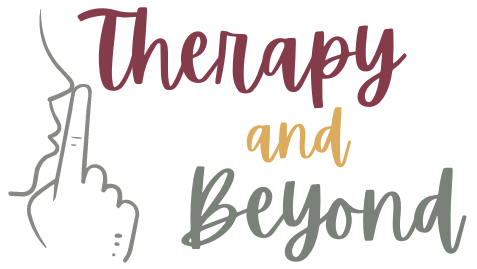Social Skills Training & Workshops:
-
Enhancing Social Competence:
- Targeted Curriculum: Our social skills training programs are designed to teach individuals with special needs essential social skills and interpersonal competencies. Led by experienced facilitators, these programs utilize evidence-based strategies and practical exercises to help participants develop confidence, communication skills, and positive social interactions.
- Youth Workshops: Our youth workshops focus on age-appropriate social skills development for children and adolescents with special needs. Through interactive activities, role-playing, and group discussions, participants learn fundamental skills such as making friends, starting conversations, understanding non-verbal cues, and resolving conflicts.
- Adult Workshops: Similarly, our workshops for adults with special needs address social challenges encountered in various settings, including the workplace, community, and personal relationships. Topics may include assertiveness training, networking skills, social etiquette, and building supportive social networks.
-
Building Confidence and Self-Esteem:
- Empowering Participants: Our social skills training and workshops are designed to empower participants to navigate social situations with confidence and grace. By providing practical tools and strategies, we help individuals overcome social anxiety, build self-esteem, and cultivate positive relationships with others.
- Role-Playing and Feedback: Role-playing exercises are a key component of our training programs, allowing participants to practice social skills in a safe and supportive environment. Our facilitators provide constructive feedback and guidance, helping participants refine their skills and overcome obstacles.
- Real-World Application: We emphasize the practical application of social skills in real-world settings. Through hands-on activities and experiential learning opportunities, participants gain the confidence and competence to apply what they’ve learned in their daily lives.
-
Benefits of Social Skills Training:
- Improved Communication: Social skills training enhances participants’ ability to communicate effectively with others, both verbally and non-verbally. By learning to express themselves clearly and assertively, individuals with special needs can better navigate social interactions and build meaningful connections.
- Enhanced Relationships: Developing strong social skills fosters healthier and more fulfilling relationships with peers, family members, coworkers, and others. Participants learn to understand social cues, empathize with others’ perspectives, and resolve conflicts constructively, leading to improved interpersonal dynamics.
- Increased Independence: Mastering social skills is essential for promoting independence and autonomy in individuals with special needs. By equipping participants with the tools and confidence to navigate social situations independently, we empower them to lead more self-directed and fulfilling lives.
